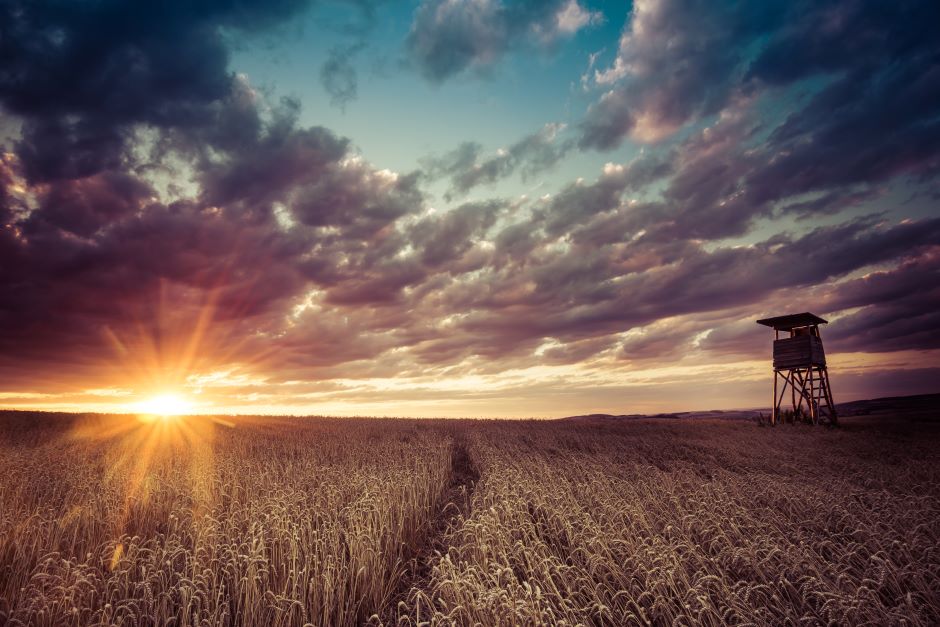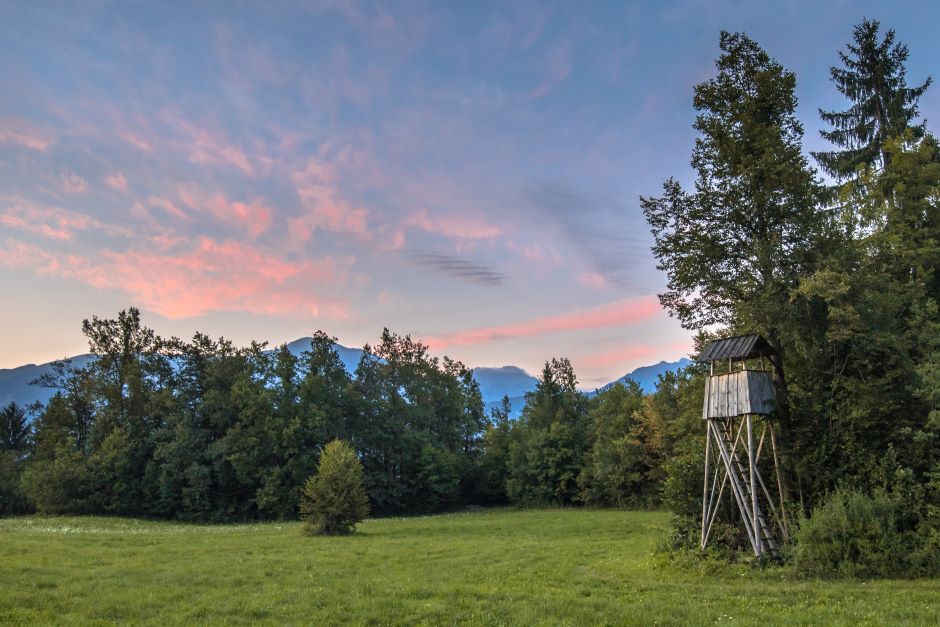Hunting leases have grown in popularity in the last few decades. They have become a very prominent option for hunters who are seeking to have a dedicated piece of land that they can hunt on. Many hunters assume that hunting leases are a fairly new practice that have come into existence as property owners want to charge more money for use of their land. Nothing could be farther from the truth.
Hunting leases have been around for quite a long time and have benefited hunters and landowners alike. As we continue on, we will give a brief history of hunting leases, their benefits, and also touch upon how common they are in today’s hunting world. So join our trip into the history books and find out the evolution of hunting leases.
A Brief History
The earliest known recorded hunting lease can be traced back to the early 1930s in the great state of Texas. Large ranches and landowners realized that they could offset costs by charging hunters to use their land for hunting and create a new revenue stream for the landowner that wasn’t focused on hunting themselves. This practice quickly spread all over the south and the southeast as landowners realized that this practice benefited both sides of the transaction.
Mining and timber companies that owned large tracts of land also go in on the business too. They saw the benefit that ranchers and farmers had already figured out and jumped into the game.
This came at a time when hunting the way we know it now was on the rise and public hunting land was not as abundant or well managed as it is today. Hunters liked the idea of having the exclusive hunting rights to certain properties for themselves or a hunting party of their friends and family.
As this practice spread, it became a more common practice not only through the south and southeast, but it also started making its way to the more crop rich Midwest as well. Farmers and landowners of the Midwest found it to be a great option to offset operating costs, and it didn’t make their jobs any harder. That is a win-win.
Over the last 20 years or so, hunting leases have become much more popular in the Midwest and are a staple of the hunting industry today. Now let’s look at some of the benefits that hunting leases afford both sides of the transaction.

Benefits of Hunting Leases
Over time, as hunting leases have grown in popularity, their benefits have expanded tenfold. Originally, it was landowners looking to make more revenue and some easy money from the land that they already owned. From that, more benefits have grown, not just for landowners, but also for hunters.
In states like Texas and many others, there is not an abundance of public land that is open for hunting to the general public. For those that don’t own land to hunt on, hunting leases give them a chance to hunt on private property in exchange for a fee. For the diehard hunters, this has become a way of life.
It has also benefited conservation efforts and herd management for larger game animals like deer. In the midwest, managing herds is often a big concern. To help cut down on disease and destruction of property, hunting helps curtail the negative effects of having large populations of game animals.
Farmers that grow crops see an added benefit to leasing their land to hunters. Farms that aren’t hunted can become safe havens for large populations of deer and other animals that consume the cash crops being grown. Most farming landowners know this is part of the game. Allowing others to hunt the property keeps the wildlife populations in check and keeps crop and property damage to a manageable amount.
With hunting leases being very popular today, it opens up new hunting lands that previously might have been closed to hunting. The more opportunities there are, the more the hunting industry will continue to grow without over taxing the most popular public land hunting areas. The more hunters there are, the more resources become available for the conservation and preservation of public lands. It becomes a giant positive loop that really benefits the entire hunting community.
Hunting Leases Are Common
Those who are not already familiar with hunting leases might balk at the idea of having to pay for hunting land. We are here to tell you that it has been and will continue to be a very popular practice. The midwest is a bit newer to the idea, but it is now becoming a very common option that shouldn’t be thought badly of. In fact, the opportunities it provides could be a game changer for some landowners and hunters alike.
We suggest that you check out hunting leases that are available in your area. You might be surprised at what you can find. If you don’t know where to start, head to Base Camp Leasing and check out your state, county, and surrounding counties for available leases. The same goes for those that might be willing to lease their land to hunters. Base Camp Leasing is a valuable resource for all things hunting lease related.
Stay Open Minded
Be open minded to the options of hunting leases. The benefits available on both sides of the transaction are huge. The practice of hunting leases has been around for almost a hundred years already. Hunting leases aren’t just a money grab by landowners. They are working relationships where both sides mutually benefit from the opportunity created by hunting.
Hunting leases provide more opportunities for hunters to hunt land exclusively without the added pressure that hunting public land provides. On the landowner side, it provides a new source of income that can be used to offset farming costs, or basic property taxes. Both of those expenses alone are much more expensive than a hunting lease itself, so a lease certainly offsets costs, but it isn’t going to make the landowner rich anytime soon.
The Evolution of Hunting Leases has come a long way and can be beneficial for both landowners and hunters!
